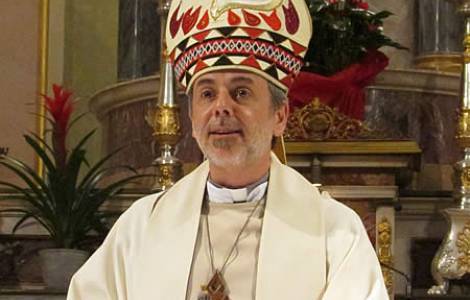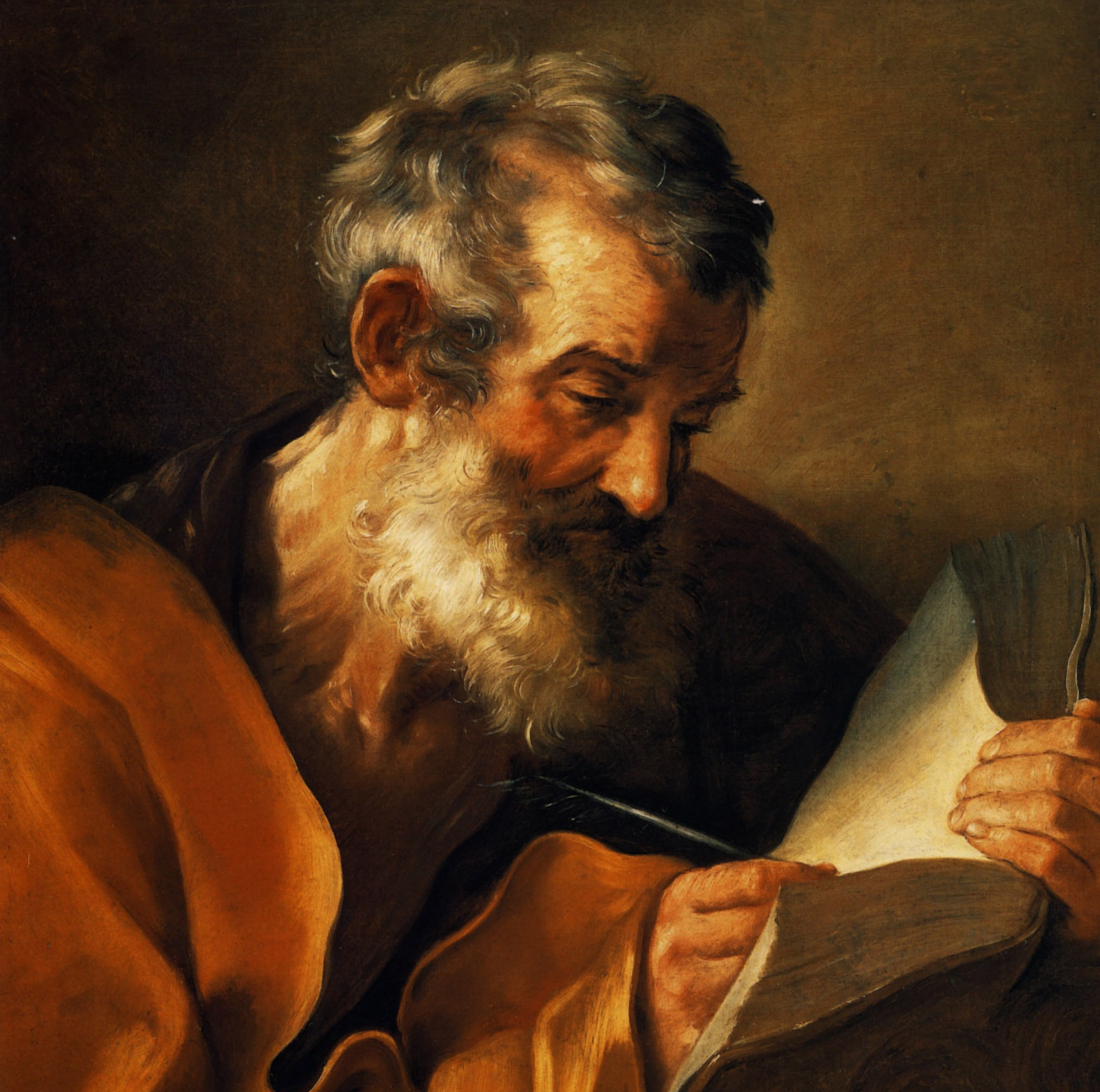Eswatini remains calm, but with the army still on the streets, the local diocese reflects on “how to be a Church” amidst turmoil and Covid
“As a diocese, on Monday, July 26 we will be holding a diocesan presbyteral council meeting to reflect both on the present situation of unrest and on the constant impact of COVID19 has in our lives and pastoral work. As we go through the third wave – with just over 2 percent of the population having been vaccinated – it seems clear that regular waves, partial or total lockdowns, and other restrictions will continue to affect us. It is no longer a matter of waiting for it to be over but to discern how to be Church in the midst of a pandemic”. This is what the Bishop of the only diocese in the kingdom of Eswatini, based in Manzini, His Exc. Mgr. José Luis Gerardo Ponce de Leon, IMC, reported to Fides.
The small monarchical state of southern Africa has been shaken in recent weeks by unprecedented popular protests, now the situation is calm, but the army is still present on the streets. On July 16, His Majesty announced the appointment of Cleopas Sipho Dlamini as the new Primer Minister after the death in December 2020 of Ambrose Mandvulo Dlamini – who had been Primer Minister since 2018 – because of COVID19.
On the same day, civil society organizations and political parties held a march in Manzini which was stopped by the police.
A delegation of the SADC (Southern African Development Community (SADC) arrived in the country to meet civil society, political parties, and church organizations.
On July 17, the three known Christian Church bodies: the “League of African Churches”, the “Eswatini Conference of Churches” and the “Council of Swaziland Churches” met the SADC delegation.
“The Council of Swaziland Churches (CSC) – explains Mgr. Ponce de Leon – presented a nine-page document with an analysis of the current problems of the country, the chronology of events, possible scenarios if the government ignores and does not act on the current problems but also possible ones if matters are addressed. The document presents a detailed list of meetings the CSC has held in the last two weeks with different stakeholders in the country and some short and long-term recommendations to the government and SADC.
Since 1976 the Catholic Church is part and a founding member of the CSC together with the Anglican and Lutheran Church. The building where the CSC is placed is called “Mandlenkosi” remembering Bishop Mandlenkosi Zwane, the third bishop of the Catholic Diocese of Manzini”.










